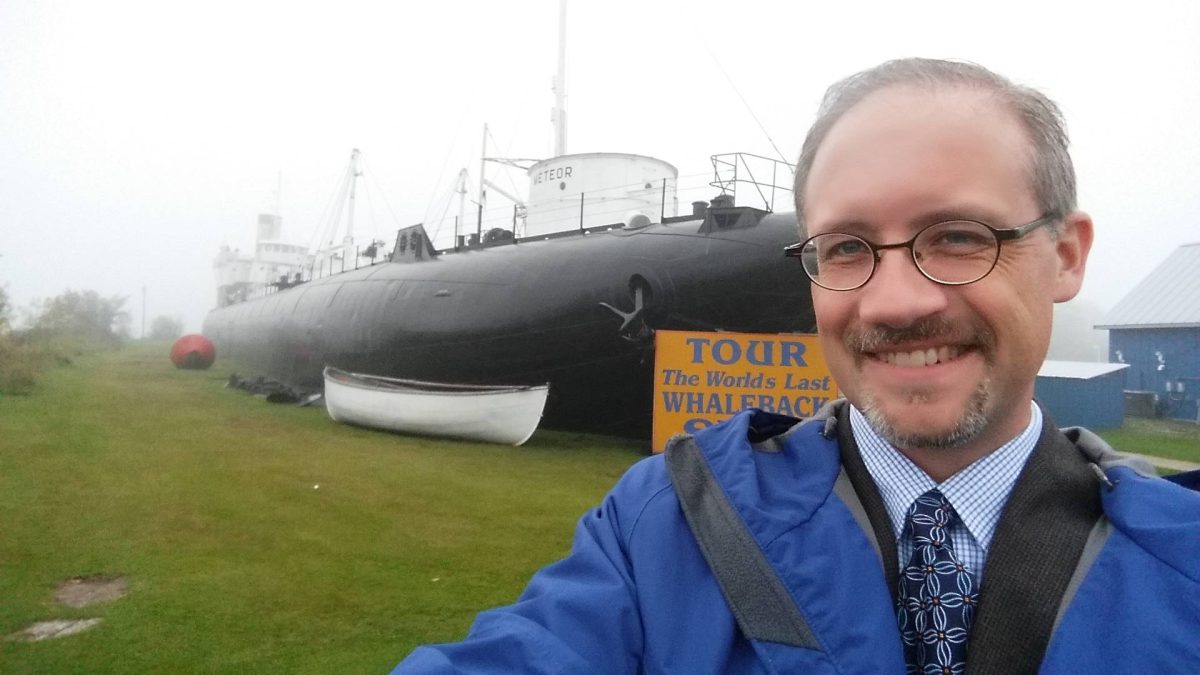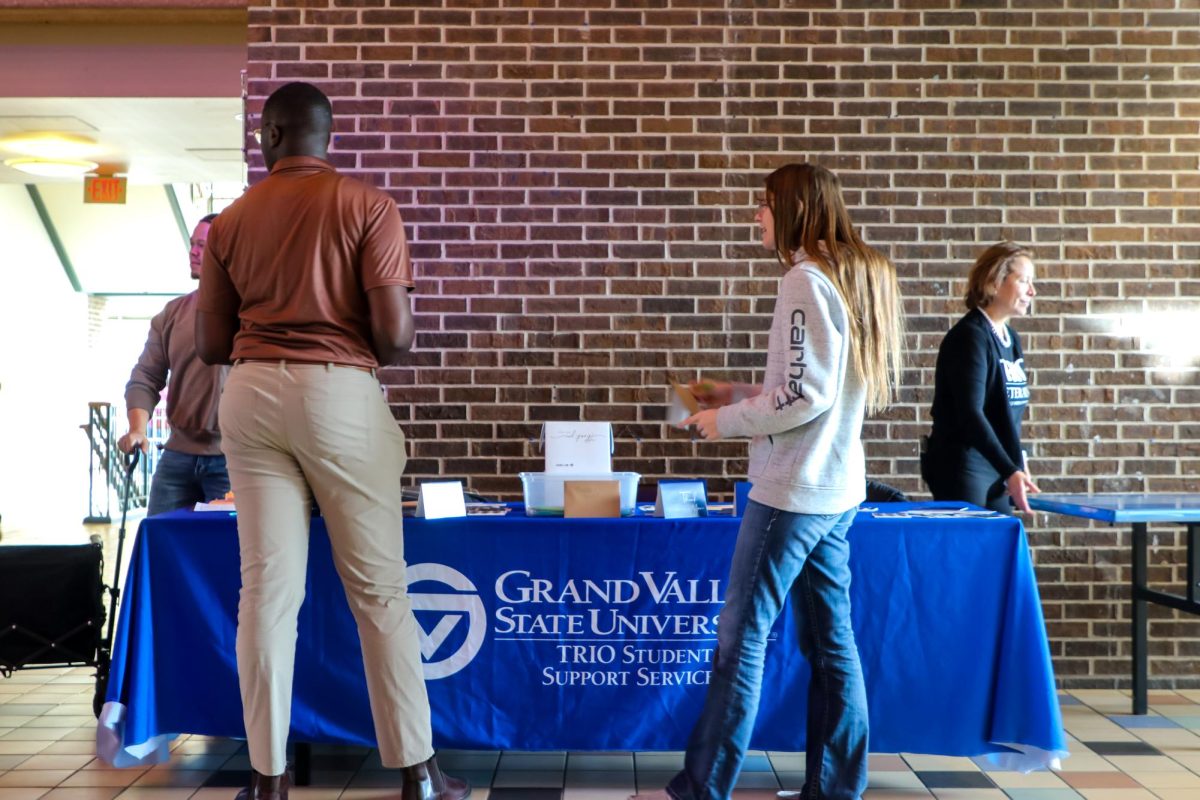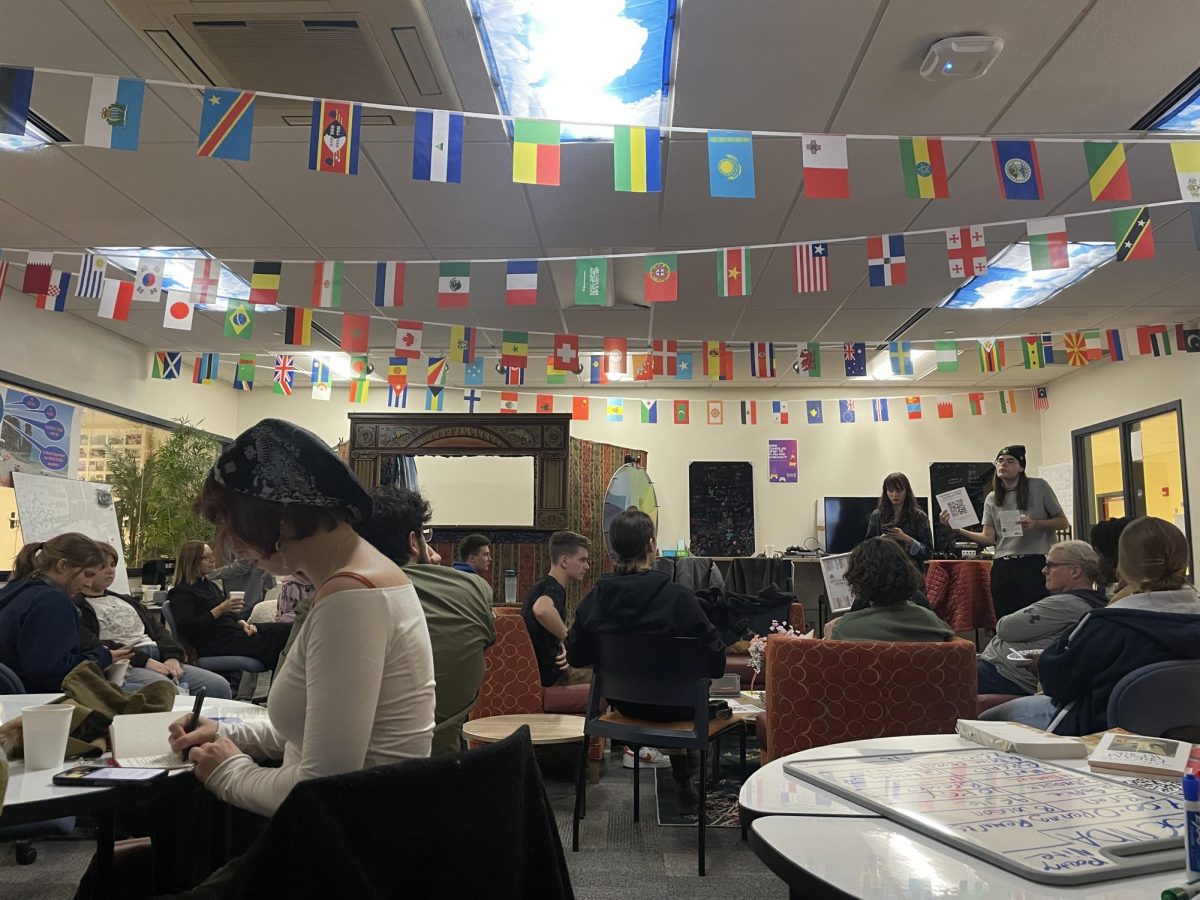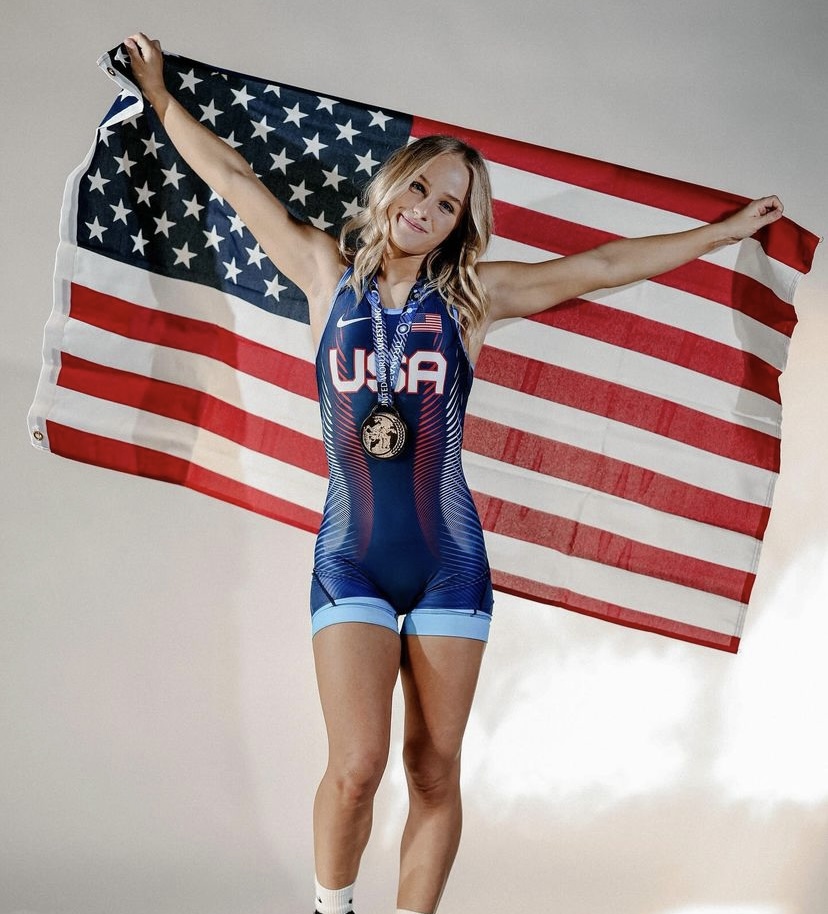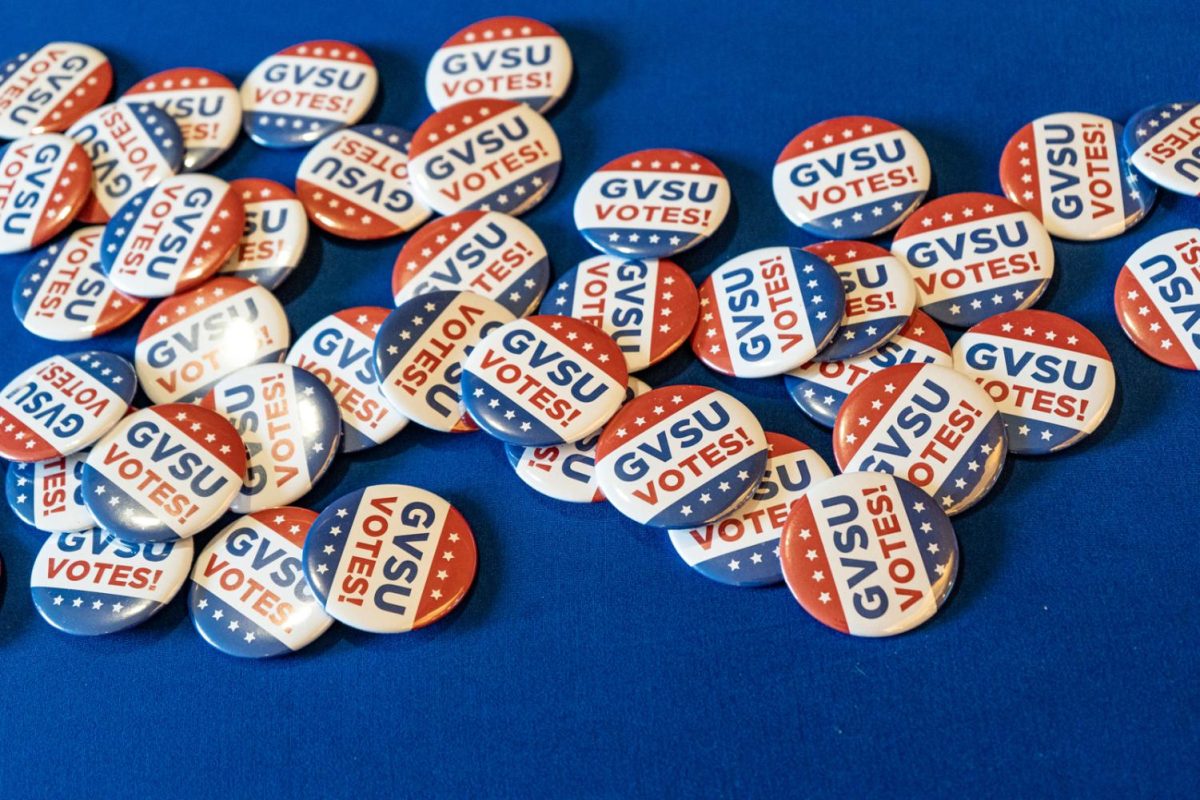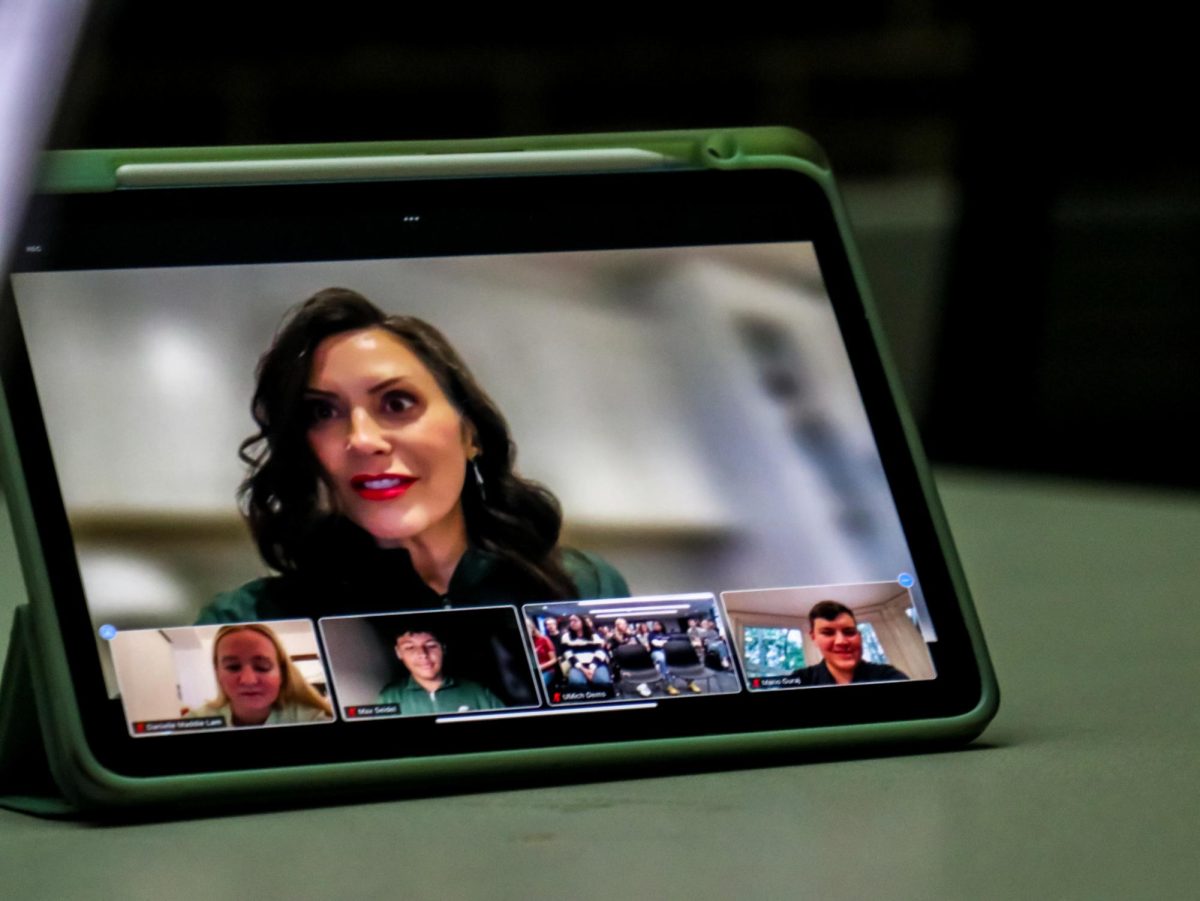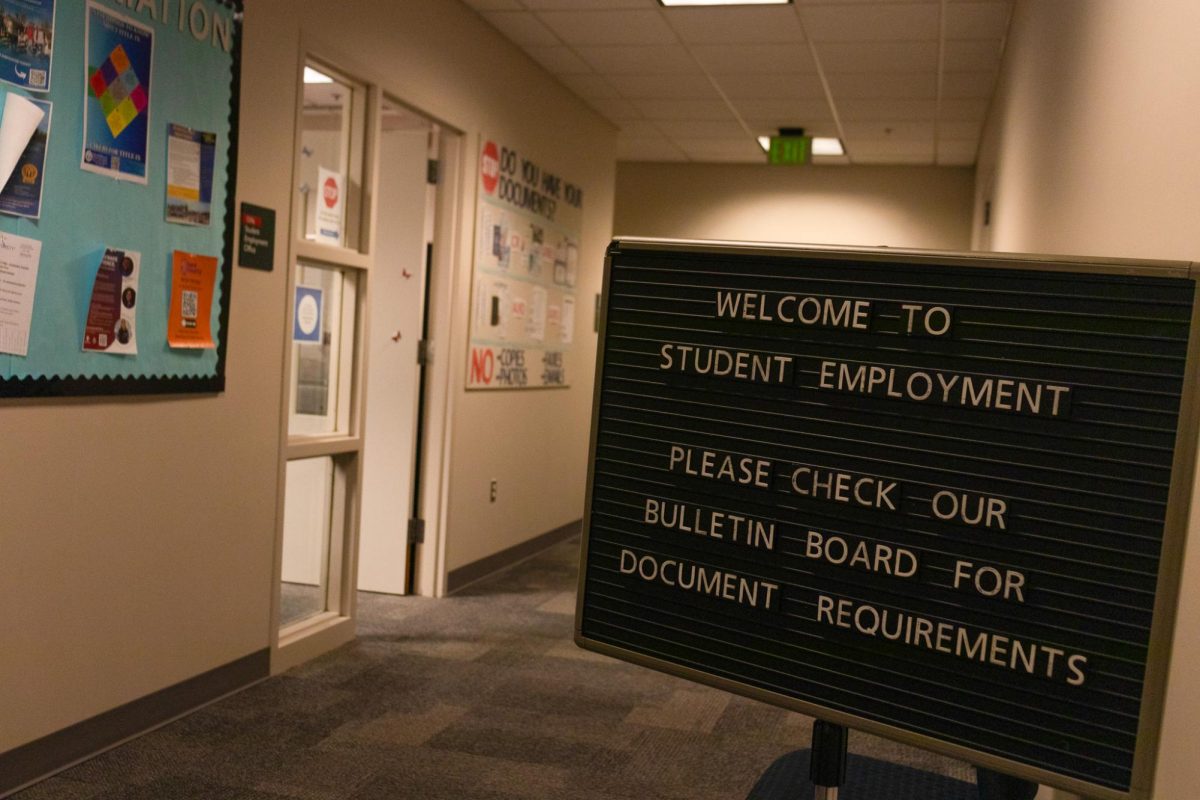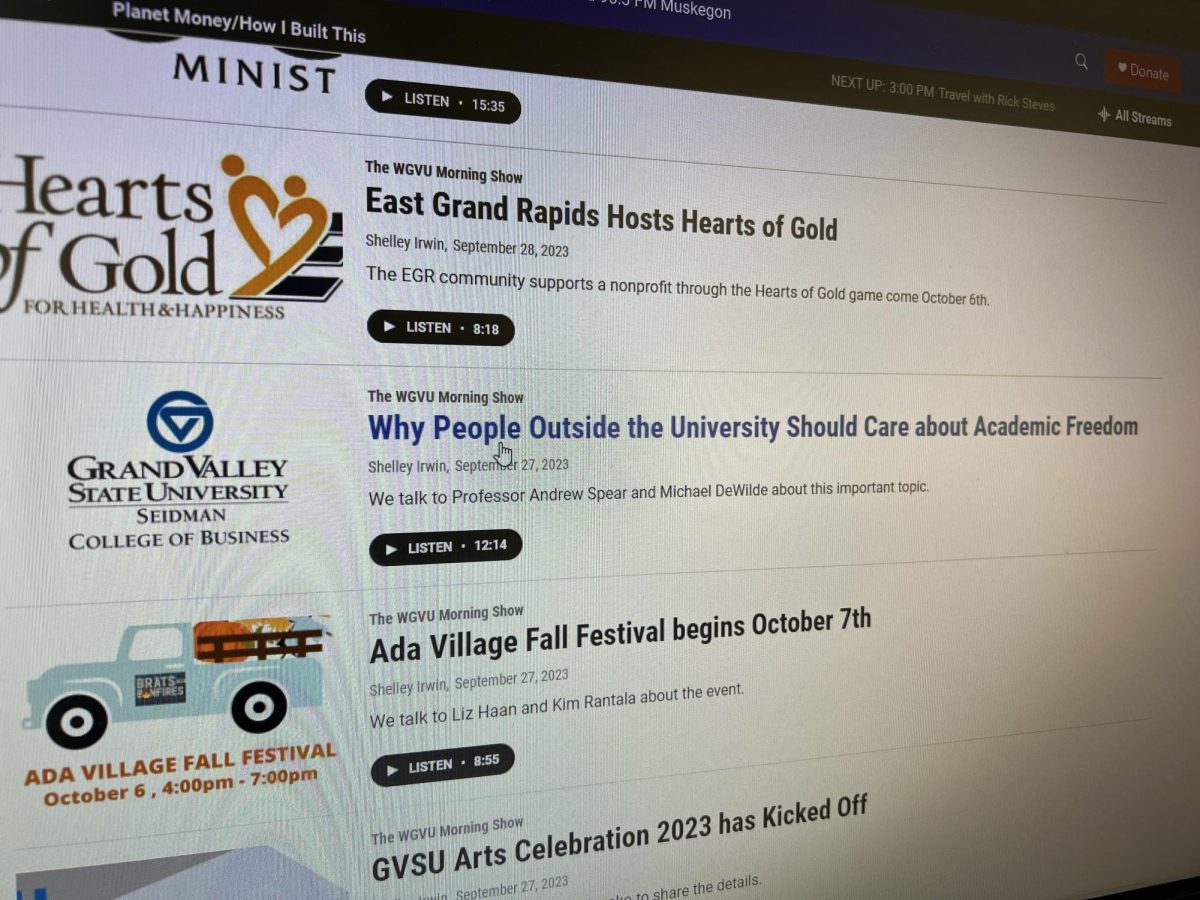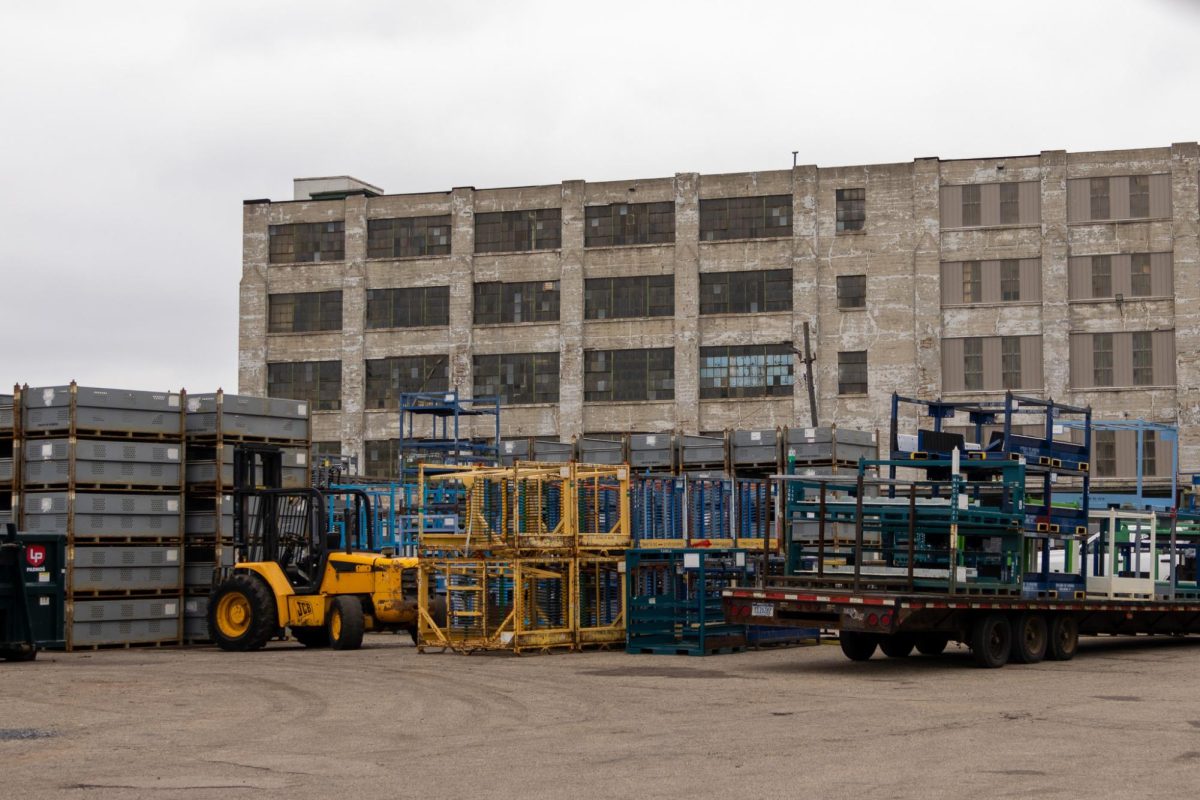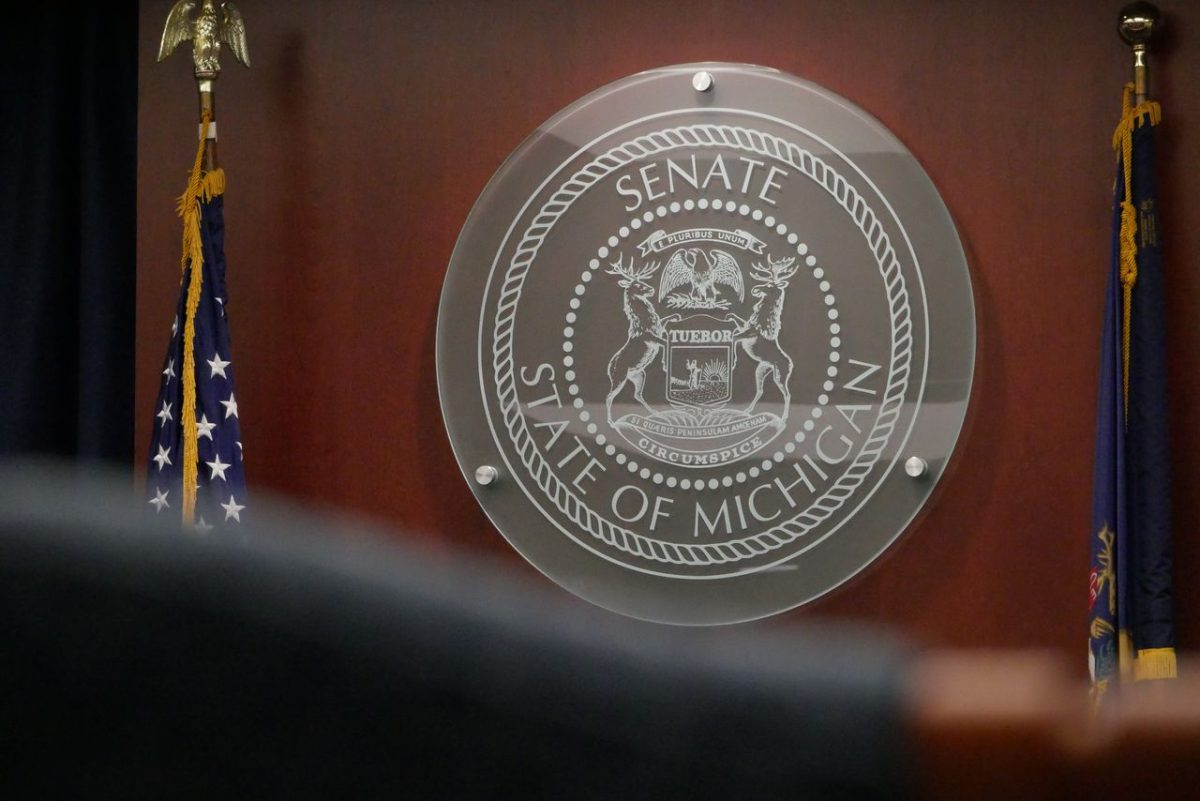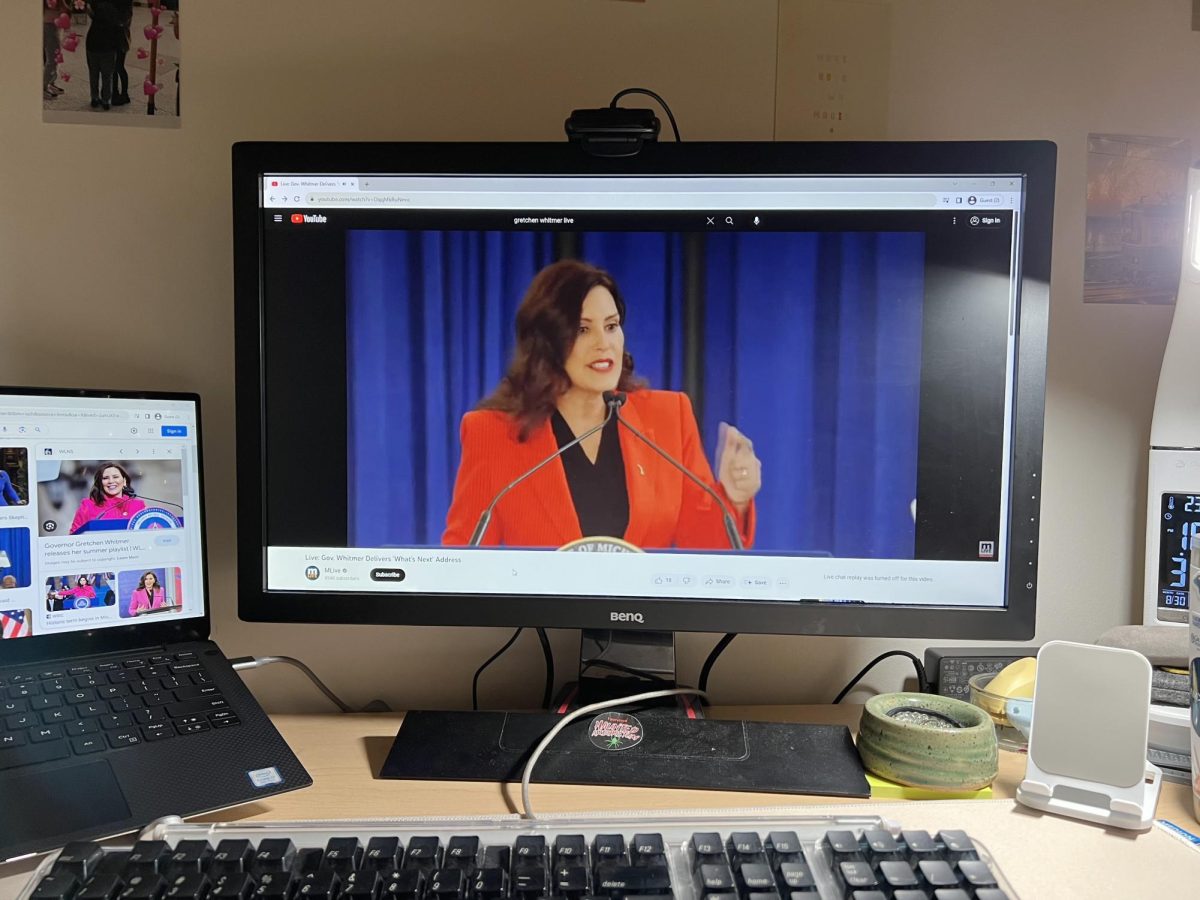Grand Valley State University History Professor Matthew Daley highlighted the significance of Michigan’s first election in a recent interview with WoodTV.
The first election, held on Dec. 17, 1798, laid the foundation for Michigan’s electoral processes and parallels the political landscape in the country in 2024.
“We forget today how much of our governance runs on what I would call tradition,” Daley said. “We have a lot of set norms, standards and values and what throws us off in the current political climate is what happens if you don’t follow those rules and norms.”
After 225 years, many changes are evident across the nation: new housing, civil rights and financial systems. Daley said the evolution of citizenship and voting rights emerges as a theme over the years of political transformation since the first election in the U.S.
Daley spoke about the historical struggle to define citizenship, citing the Northwest Ordinance and the ongoing battles for equity. In the Northwest Ordinance, the American leadership worried that any sort of power vacuum in key areas of the modern Midwest could give the British an opportunity to try and retake control.
The Dec. 14 case overturning electoral district maps in the Detroit area is a contemporary touchpoint, illustrating the ongoing quest for fair representation. The case named a dozen state legislative maps running through the majority-Black city as unconstitutional, due to racial factors considered in Michigan’s first city mapping process. Evaluating equity and privilege components of society aids in understanding why political methods require accommodation.
Political tradition does not outline what to do when new circumstances arise. GVSU Pre-law student Abigail Milarch highlighted the relevance of privacy protection when it comes to technology and online media that would have been irrelevant to the time period of the first election. Milarch said some citizens are apprehensive about using their devices due to the government’s access to their data.
“New policies are the only way to navigate these concerns faced today in the online world. We can’t rely on tradition for things like that,” Milarch said.
Milarch also referenced the federal constitution and how it embodies tradition in the political aspect of the United States. Unlike state constitutions that are revised continuously, the federal constitution remains the same with few amendments. Daley touched on this subject as well. He reiterated a similar point and said, “If you ran the constitution of Michigan, like the 1835 constitution, things would not go well.”
Daley said he felt it was his duty as a historian to share the insights gleaned from historical politics.
In light of the forthcoming presidential election, Daley encourages students to expand their focus beyond the presidential race and urges a broader perspective. Daley emphasized the significance of active engagement in local and state elections.
Daley urges students to understand the power they hold in shaping their communities and influencing the long term outcomes of political designs. Beyond voting, Daley advocates for heightened political awareness and a sense of civic duty. The democratic process goes beyond election cycles and calls for continuous responsibility in order to evoke change.




